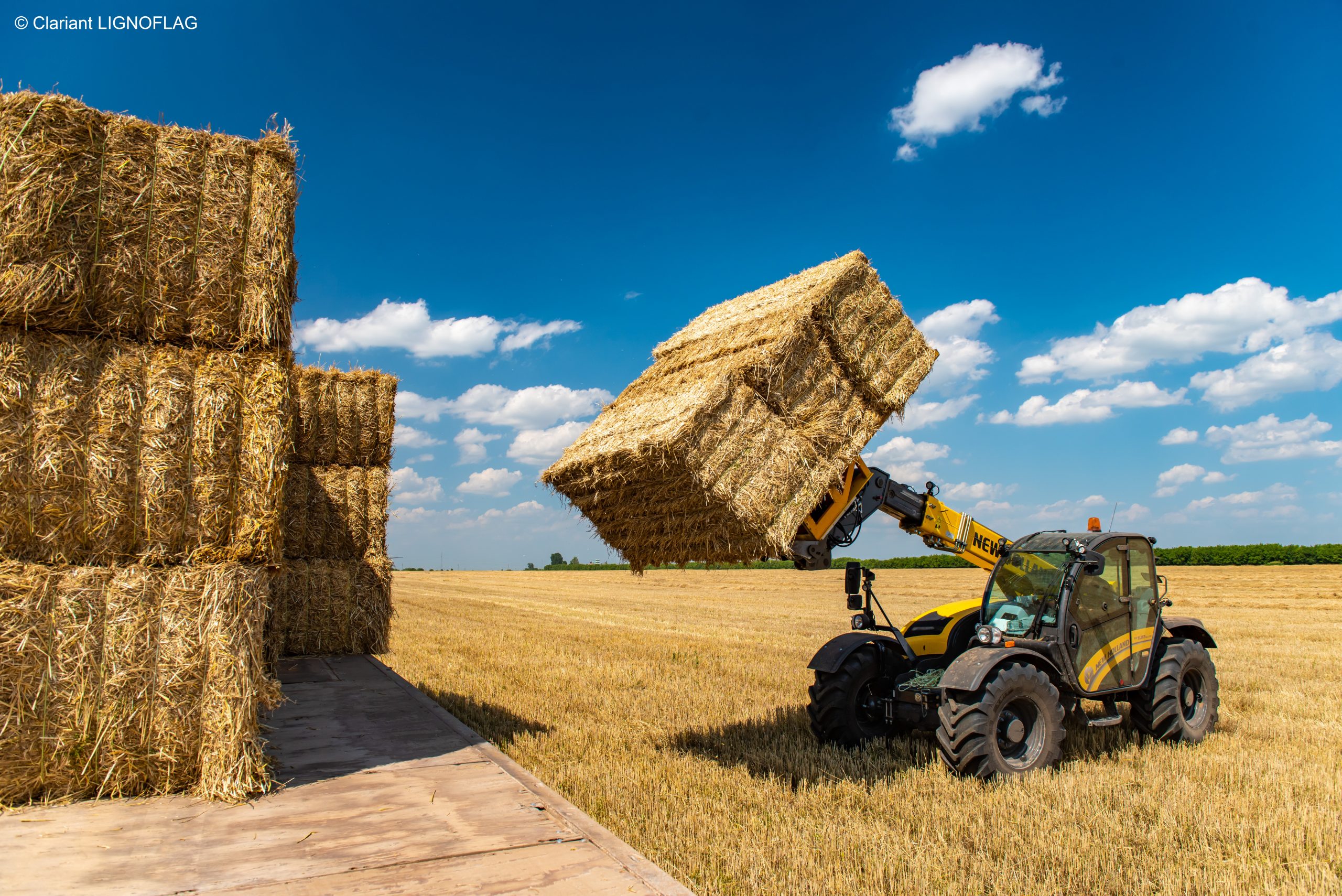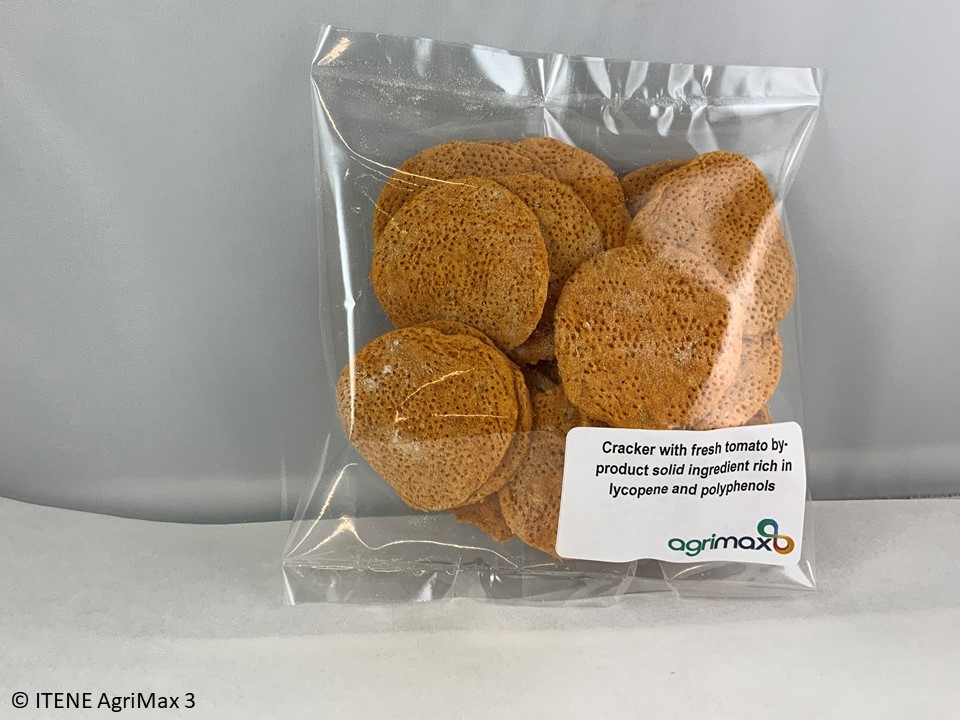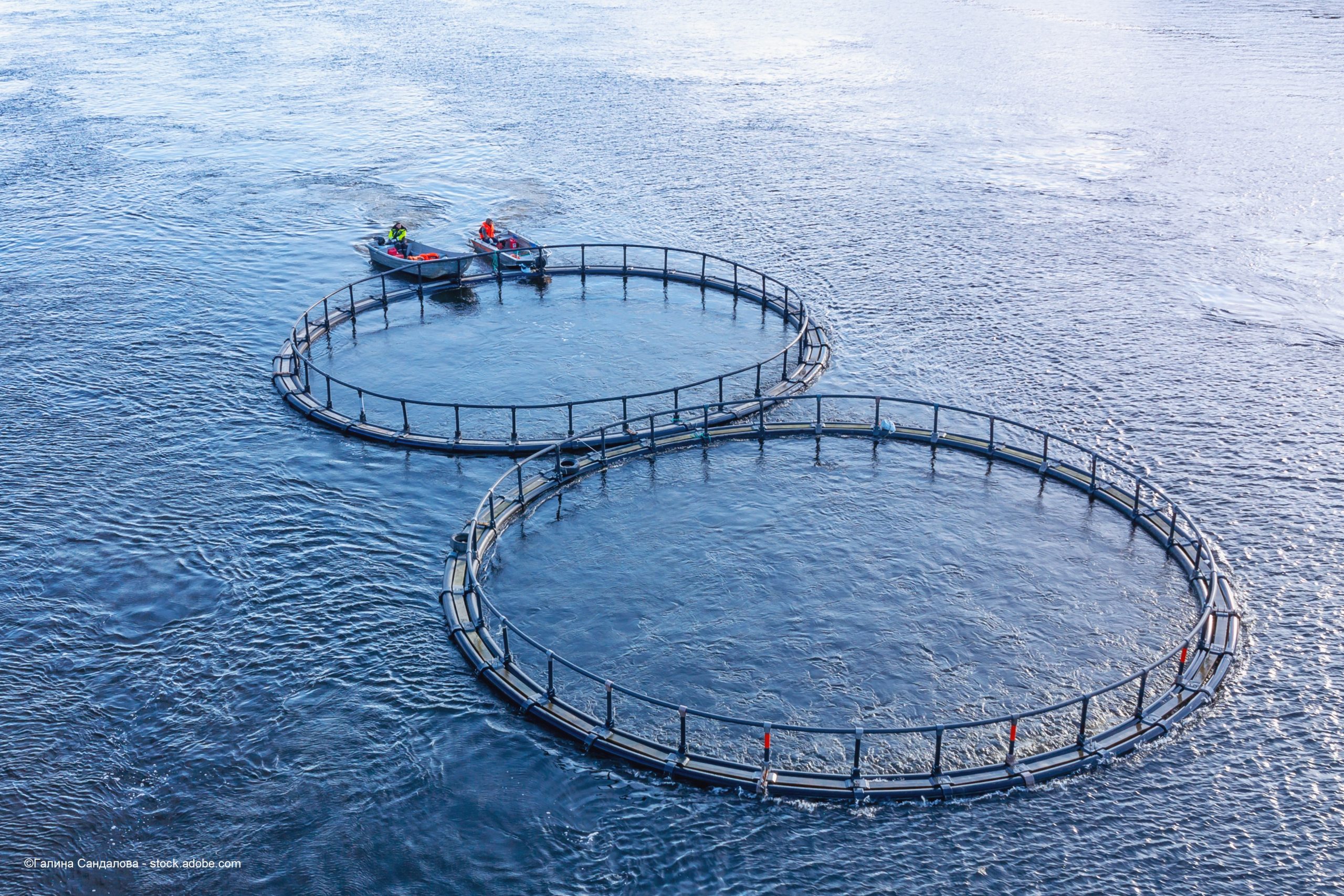Around 88 million tonnes of food waste is generated in the EU each year. How can we prevent such a waste of resources, and ensure food security and sustainability across the continent instead? Since 2014, the BBI JU has been contributing to the goals of the EU’s Farm to Fork Strategy by funding projects that make use of food and crop waste, increase the shelf life of products and promote sustainable farming practices.
What is the EU’s Farm to Fork Strategy?
The European Commission has underlined the importance of a robust and resilient food system for European citizens. The EU’s Farm to Fork Strategy is a comprehensive approach to how food sustainability is valued. The policy emphasises the need to accelerate the transition to a more sustainable food system that preserves biodiversity and has a neutral or positive environmental impact. The strategy addresses the urgent need to reduce the use of chemical and hazardous pesticides and fertilisers with the aim to reverse biodiversity loss, protect human health, and increase animal welfare.
The BBI JU-funded projects contribute to several dimensions of the food loss and waste prevention pillar of the strategy. This pillar aims to reduce food waste at the retailer and consumer levels and improve circularity during food production to avoid losses.
Making use of food processing waste
Today’s farming and food processing generate large amounts of waste. In Europe, around 90 million tonnes of food and 700 million tonnes of crops are wasted every year. Most BBI JU-funded projects are helping to reduce this waste by turning leftovers from agriculture and other agri-food processes into new food and feed ingredients, bio-based materials and products. Moreover, these projects provide new business opportunities for farmers, and many of them aim to deliver products with nutritional value to the food and feed market.
As an example, the AgriMax project built two pilot processing plants in Italy and Spain. The project’s team will demonstrate the technical and commercial feasibility of extracting high-value compounds from agricultural and food processing waste. The two plants will focus on processing waste from cereals, olives, potatoes, and tomatoes. They will transform this waste into food products such as edible coatings, agricultural materials, and biodegradable pots.
Another interesting BBI JU-funded initiative is the AQUABIOPRO-FIT project. Every year, a vast quantity of waste from fisheries and fish farms are discarded into the sea. The AQUABIOPRO-FIT project is transforming these unused side-streams into rich nutrients and health supplements to boost the performance of athletes, create anti-anxiety and anti-depression remedies, and improve body PH balance and skin health.
Preserving food and the planet with innovative sustainable bio-based packaging
Keeping food fresh and healthy is key to reducing food waste. But how can we achieve this without polluting the planet with plastic? Several BBI JU-funded projects are bringing innovative and sustainable bio-based packaging solutions to the market. They aim to increase the shelf life of food products and reduce food loss at the producer and consumer levels while providing a sustainable alternative to fossil-based plastics.
An interesting material to look at is polyethylene furanoate (PEF), a fully bio-based polyester that is 100% recyclable and displays improved barrier properties compared to ubiquitous polyethylene terephthalate (PET), a traditional material used for food and drink packaging. The BBI JU-funded PEFerence flagship project will establish a unique, industrial-scale and competitive biorefinery that will produce financially viable PEF for various packaging applications such as beverage bottles, as an alternative to traditional aluminium cans and PET bottles.
Another project targeting bio-based smart packaging is BIOSMART. Through technical innovations such as intelligent oxygen, CO2, and amine sensing technology to monitor shelf life, the BIOSMART packaging will help preserve food quality while making it compostable and recyclable. These properties are achieved by incorporating barrier coatings, antimicrobials, and antioxidants to preserve the food.
Shifting to plant-based protein alternatives
Several BBI JU-funded projects are addressing the need to reduce the EU’s dependency on protein imports and provide affordable and sustainable feed production.
As example, the SYLFEED project will produce nutritional and sustainable protein from wood residues for the fish feed market, as an alternative to soybean derivatives. It will use underexploited forest and wood waste and bring a competitive source of proteins for fish manufacturers.
The BBI JU-funded GreenProtein project has been using around 4,000 tons of agricultural residues per year, such as sugar beet leaves, to produce high-quality food-grade proteins and other ingredients. One of them, dried RuBisCo powder, is ready to be commercialised and enter the production chain as an alternative to egg white preparations or whey protein.
Enabling sustainable farming practices
European farmers are at the heart of the green transition. The Farm to Fork strategy calls for a change in modern agricultural practices. Several BBI JU-funded projects are helping farmers to become more competitive and access sustainable farming products.
In the last few years, more and more bio-based fertilisers and solutions for crop protection have appeared on the market. Tested according to EU regulations, they have proved effective in protecting crops and contributing to the greening of farming. Some BBI JU-funded projects are helping to develop bio-based alternatives to pesticides and fertilisers, which are less harmful to the ecosystem. As an example, the B-FERST project is using agricultural waste and side streams to create a new circular and bio-based value chain. The project is developing eight bio-based fertilisers that will improve the sustainability of arable lands.
With the aim to provide a cheaper and safer alternative to chemicals-based insecticides, while offering the same efficiency levels, the PHERA project will develop and commercialise bio-based pheromones for crops to boost the production and reduce the negative impact of chemical pesticides on soil and biodiversity.
Source
BBI JU, press release, 2021-10-14.
Supplier
Bio-based Industries (BBI) Joint Undertaking
European Commission
Share
Renewable Carbon News – Daily Newsletter
Subscribe to our daily email newsletter – the world's leading newsletter on renewable materials and chemicals












